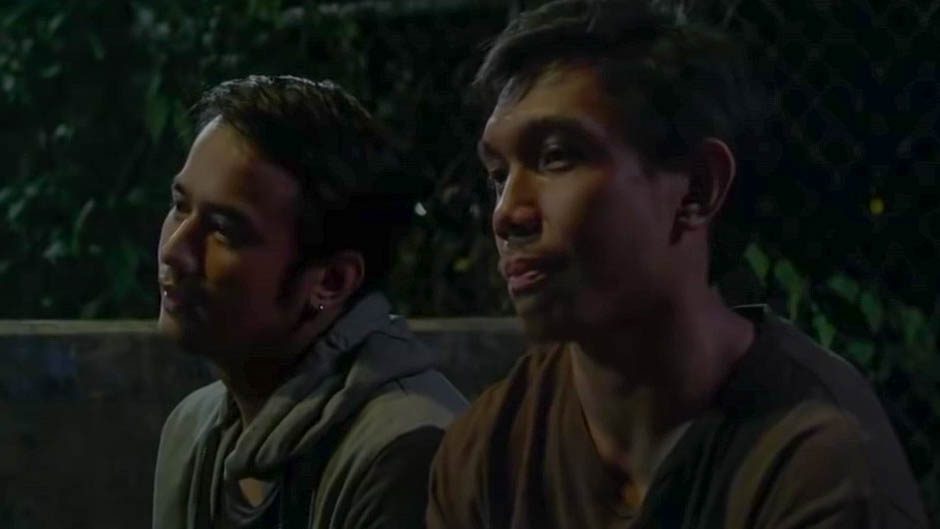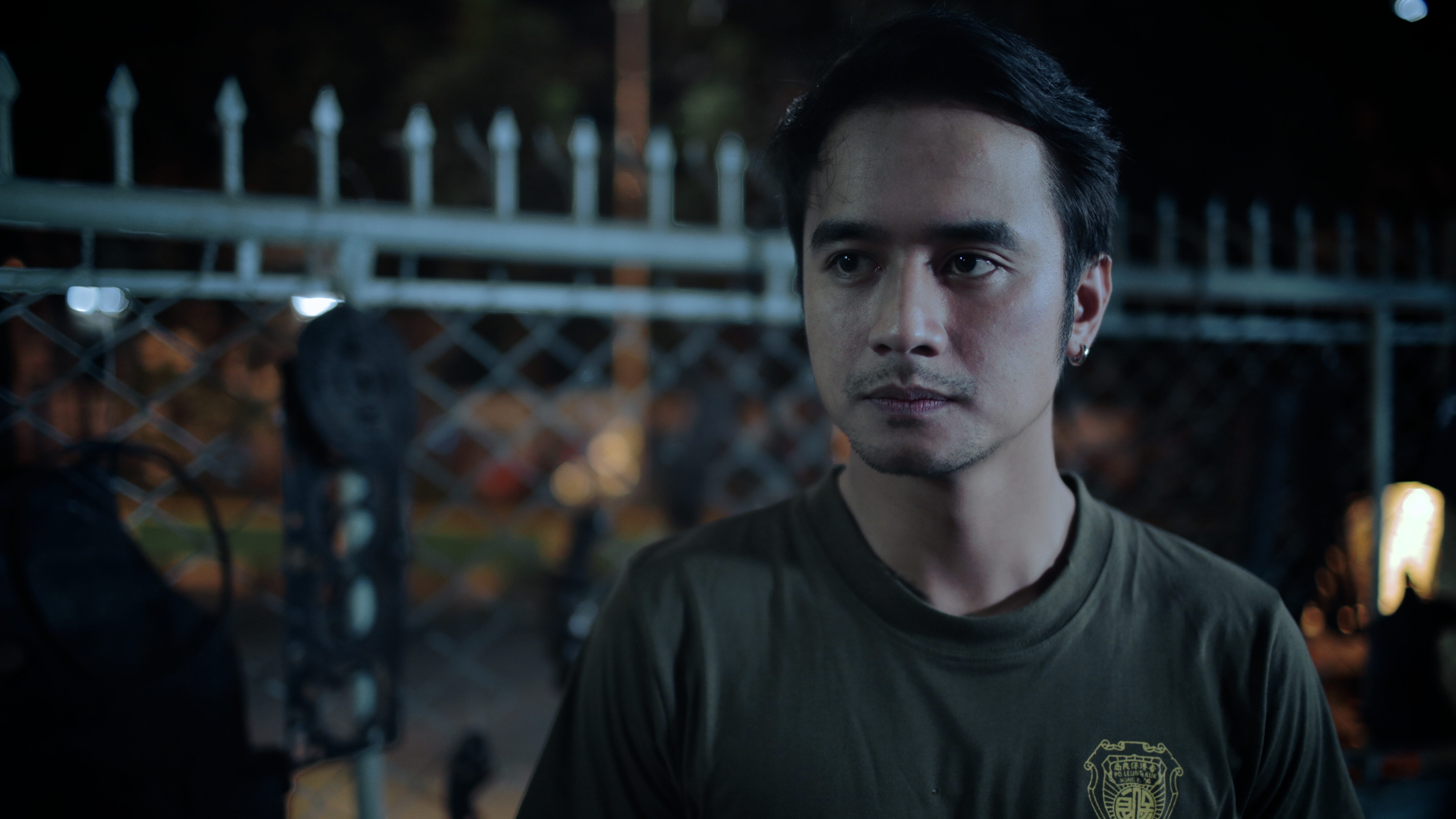SUMMARY
This is AI generated summarization, which may have errors. For context, always refer to the full article.

At the very center of King Palisoc’s Tandem is a stirring story of two inseparable brothers.
Roman (Nico Antonio) is an ex-convict who simply couldn’t take the criminal life out of his system. He and his brash younger brother Rex (JM de Guzman) ply the streets of Metro Manila in their speeding scooter to hunt for unsuspecting victims whose bags and other valuables are easy target for their infamous racket.
If the brothers are swimming in a sea of desperate thievery, it is only because the system has allowed them to. Surrounding the intimately told story of the morally ambiguous siblings is a study of corrupt cops and the survival of their shady ways amidst a plan to clean up the police force. Palisoc diligently intertwines the delicate familial drama with the grave if not predictable repercussions of a society gone awry.
Crooked world

Tandem is more than just another careless tale of villainous cops and victimized robbers.
What Palisoc and screenwriter Zig Marasigan manage to avoid is to glorify criminals by overemphasizing the harshness and cruelty of the world they live in. Sure, the metropolis is a bleak place where morality is always in the state of compromise, but both Roman and Rex are never depicted as misunderstood dregs of society. They are grossly flawed to begin with, spared only by their affinity for family.
They are and will always be accomplices to the deterioration of society, whose inability to retreat from their wayward professions is accompanied by their own complacency, even if it is but a product of the world’s obvious crookedness. They are all in tandem with the cops (Allan Paule and Paolo O’Hara) that torment them in shaping a troubled nation that seems deprived of civilization.
Palisoc makes use of this dreary mood to enunciate the beautiful humanity that is left in his maligned characters. Tandem shines when it portrays the ideal in a society that dwells in cynicism. It is most lyrical when it showcases the casual interactions between brother and brother, how they joke, argue, fight, and forgive.
A film about sinners

Clearly, the film isn’t about saints garbed in brutes’ clothing.
Tandem deals with sinners. It is still largely a calculated morality play, only draped with very familiar virtues of brotherhood and familial loyalty. Sins do not go unpunished, and Palisoc and Marasigan have orchestrated a narrative that makes sure that the punishments earned by his beloved delinquent duo are staged with unblemished fanfare, almost to a fault.

This is clearly Antonio’s show. Roman, an expecting father who dotes on his audacious little brother, is clearly the character that shoulders the bigger chunk of the film’s emotional baggage. While De Guzman confidently inhabits the role of a young man who is all too eager to escape the shadow of a reluctant mentor, Antonio displays a remarkable appreciation of the nuances of a man torn between various responsibilities.
Genre and relevance

Even with all the unabashed excesses of Tandem, it cannot be denied that the film succeeds in what it sets out to do.
There is rhyme and rhythm to the film’s exuberance in dramatizing the unfortunate lives of petty criminals who are caught in between forces they cannot possibly escape. In focusing on the tragedy of the smaller folk without compromising the role of bigger lawbreakers, the film manages to unmask the connivance of a brutal universe in breeding a reckless culture of crime and exploitation.

This is the film’s ultimate triumph. It juggles the demands of its genre without sacrificing that nagging need for some semblance of relevance. – Rappler.com
 Francis Joseph Cruz litigates for a living and writes about cinema for fun. The first Filipino movie he saw in the theaters was Carlo J. Caparas’ Tirad Pass. Since then, he’s been on a mission to find better memories with Philippine cinema. Profile photo by Fatcat Studios
Francis Joseph Cruz litigates for a living and writes about cinema for fun. The first Filipino movie he saw in the theaters was Carlo J. Caparas’ Tirad Pass. Since then, he’s been on a mission to find better memories with Philippine cinema. Profile photo by Fatcat Studios
Add a comment
How does this make you feel?
There are no comments yet. Add your comment to start the conversation.